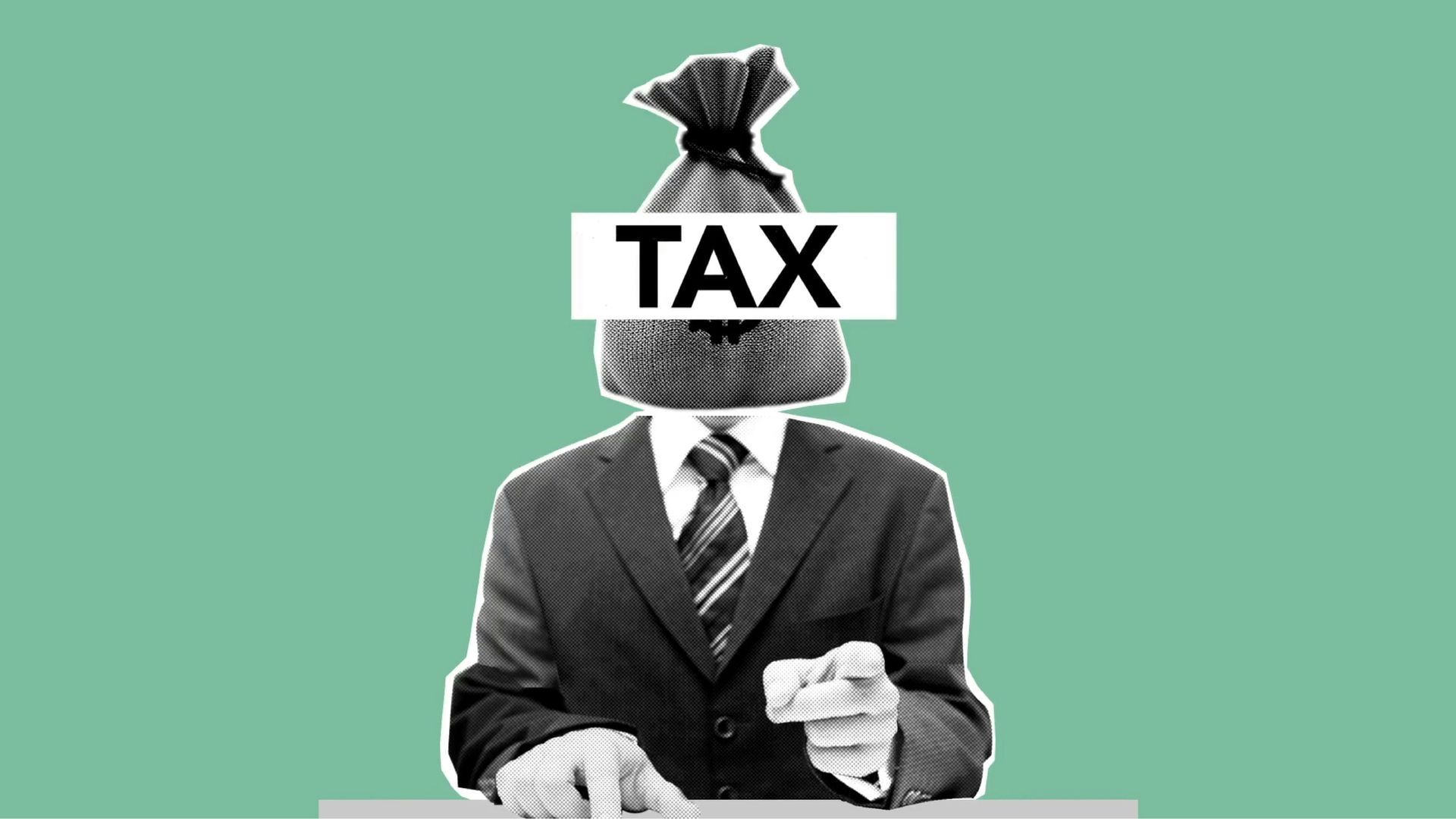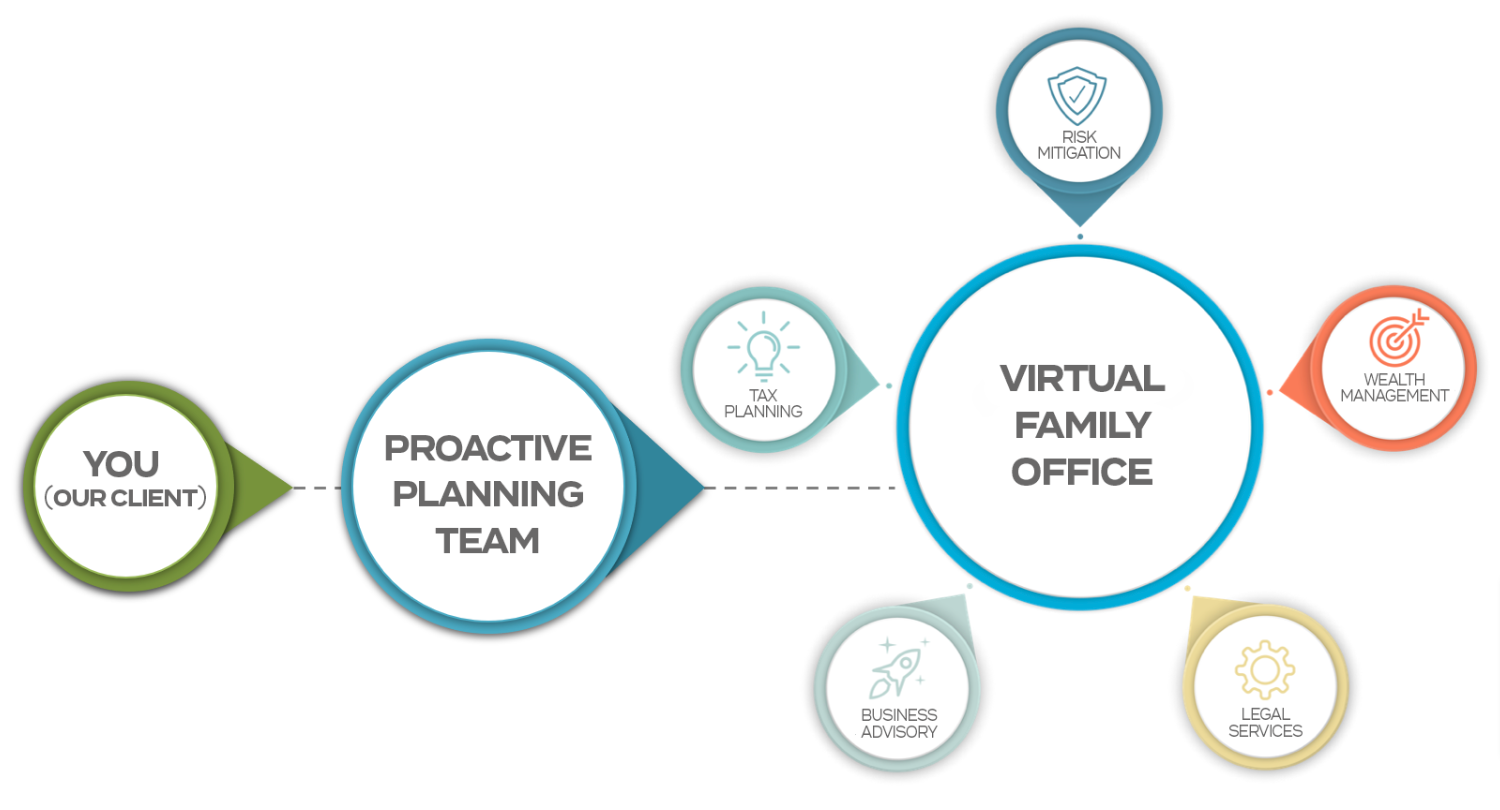Hey, Milwaukee…Tax Season Is Here!
When Will I Get My Tax Forms?
As I am writing this post on January 20, 2017, the IRS officially opens the 2016 tax return filing in 3 days. Tax season is here, which means that it is time to gather all of your tax documents that are needed to prepare a tax return. So, when will you be receiving all of these forms? These dates are also important if you are a business owner and need to issue any W-2’s or 1099’s.
| Form | Due to Recipient | E-file to IRS |
| 1099-MISC | Feb 1, 2016 | Mar 31, 2016 |
| 1099-B 1099-S 1099-MISC boxes 8 or 14 |
Feb 15, 2016 | Mar 31, 2016 |
| Other 1099 Forms W-2G 3921, 3922 |
Feb 1, 2016 | Mar 31, 2016 |
| W-2 | Feb 1, 2016 | Mar 31, 2016 |
- Health Insurance Statements through the Marketplace (Form 1095-A) should be available in your online account by 2/1/17. This year, employers have until 3/2/17 to distribute health insurance statements (Form 1095- B or C) to their employees.
- If you are involved in a Partnership or S-Corporation, when you receive your K-1 will depend on when the Partnership or Corporation decides to file their tax return. The filing due date is 3/15/17, but you may have to wait longer if they decide to file an extension.
- Rule of Thumb: If you receive a document that you think may be pertinent to your tax return, keep it just in case! If you need a guideline to make sure you have all the documents you need, you can download our tax organizer.
Get Your Tax Return Won?
Having a background in marketing, I always pay attention to commercials and all aspects involved in them. Some people may change the channel when commercials are on, but I enjoy analyzing them. Naturally, I am even more interested when I see commercials during tax season. I realize that these large corporations have a massive marketing budget, and in most cases they are trying to repeatedly beat a message into your mind. However, I have found some of these campaign messages laughable. Last year, Turbo Tax is the company that really gave me a chuckle. “You don’t need to be a genius to do your own taxes”. While this statement is true(BREAKING NEWS: I AM NOT A GENIUS), you don’t need to be a genius to do 99% of things in life. There is a difference between being a genius and being an expert in your field. Do you need to be a genius to repair your car? No, but you take it to a mechanic because they are experts in fixing cars. The alternative is trying to fix it on your own, and then you run the risk of creating more damage and wasting your time. You can apply this reasoning to almost everything in life that you opt to have someone professionally do for you. You can try to do your own taxes, but is it worth the time and also the risk of a) dealing with the IRS or b) missing out on a potential extra refund.
This year, H&R Block hands down takes the cake so far. They have cast Jon Hamm to be their spokesman in a bunch of just weird commercials. Their message is “Get Your Tax Return Won”. How does one get their tax return won? I suppose their message is to try and make consumers feel like they became a winner when they got their taxes done at H&R Block? In that case, you get your tax return “won” if it is prepared correctly. I would think that if you are hiring a professional to help you with your taxes, a correct tax return is assumed. Broadcasting that this is a big deal to them just misses the mark in my opinion. The truth is, you can’t win against the tax system when filing your tax return. The outcome is already decided at that time, there isn’t anything you can change besides contributing to an IRA. Winning your tax return takes a game plan, a game plan that must be executed before the end of the year.
Hammernik & Associates motto is “More Than Just A Tax Return”. This means that we aren’t just here to help you file your taxes, we are here throughout the year to help you execute that winning game plan. Your game has already been decided for 2016, do you think you won or loss? Now is the time to begin the game for 2017. Who will win, you or the IRS? The only true way to get your tax return won is to set up a game plan now!
end rant
Inauguration Day
Today is the day a new President steps into office.Whether you are in favor or not in favor, it is important to be prepared for what may come. When Donald Trump was elected President, I put together an e-book of what he would like to do with tax law. Some of these ideas may never come to fruition, some may come sooner than you expect, some may come in the future, and some may come in a modified form. As we always stress, it is important to prepare for what may come in the future. Take a look to see if any of these may effect you positively or negatively. Either way, we will be on top of tax law changes for you. Major tax planning may be needed to prepare for some of the changes, that is what we are here for!
Once you think you have all your tax documents, give us a call to schedule your appointment…we’re waiting!
Until next time,
Nicholas Hammernik, EA
The post Hey, Milwaukee…Tax Season Is Here! appeared first on Talking Tax to Milwaukee.
See More Blog Posts











